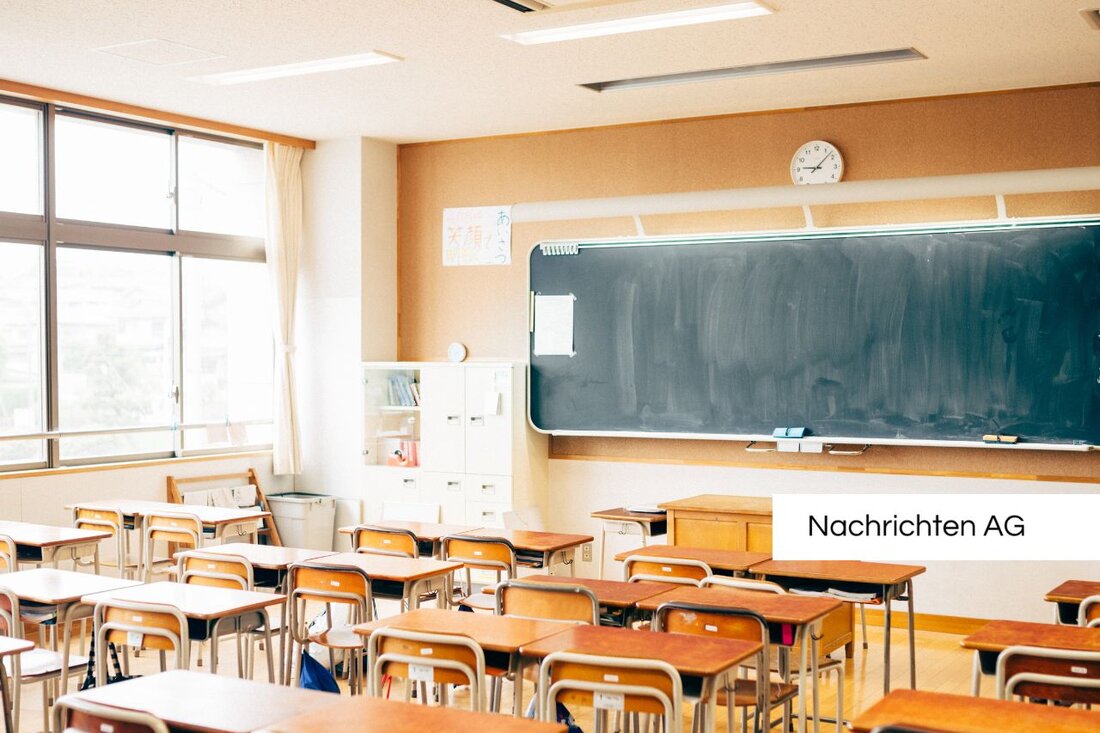Family reunification for refugees: government stops for six months!
Family reunification for refugees: government stops for six months!
The turquoise-red coalition in Austria has decided in the Ministerrat to temporarily suspend family reunification for refugees. This measure comes into force after publication in the Federal Law Gazette and will initially apply for six months. Interior Minister Gerhard Karner gives the main reasons to overload the education and social system as well as security policy concerns. It is expected that the regulation can be extended by September 2026 if the situation requires. During this time, refugees can continue to submit applications for family reunification among Austrian representative authorities abroad, but the processing period is suspended, which leads to significant delays.
Especially sensitive cases, such as those of minors who live without caregivers, or those in which children living in Austria urgently need a parent authorized to have a legal guardian are excluded from this regulation. However, all other applications are delayed indefinitely. According to the official statistics, a total of 219,525 protective grants were recorded between 2015 and 2024, of which 95,450 minors, 41,330 women and 6,665 unaccompanied minors are affected. The overload in the field of education is particularly concerned with kindergartens and schools, and an increase in crime as well as by Hate Crime and Anti -Semitism is observed.
social and psychological effects
The Federal Government's decision makes many refugees hard. In Germany, a similar regulation is also sought, which should temporarily suspend family reunification for people with limited protection status. For many people protected by subsidiary protection, this could mean years of separation from their families. The pressure on those affected is enormous because they are confronted with social and psychological consequences of this separation. Examples such as those of the nine -year -old deaf Youlia and her father Abdulaziz show how painful these situations are. Abdulaziz, who lives with his daughter in Braunschweig, made an application for family reunification for his wife and two sons in Syria two years ago. Despite the daily telephone calls, the uncertainty about the future remains.
In Germany, around 381,000 people with subsidiary protection status, which mostly come from Syria, Somalia, Yemen, Afghanistan and Eritrea. By February 19, 2025, around 2,800 people with subsidiary protection were waiting for family reunification. At the end of June, the Bundestag will vote on a corresponding draft law that is intended to limit the irregular migration and relieve the municipalities. Migration researchers and human rights organizations express concerns because the regulations could significantly restrict legal access to family reunification. The debate about this policy is not new, because between 2016 and 2018 the family reunification was also temporarily exposed to those who are entitled to subsidiary.
considerations on migration policy
The criticism of the new regulations does not remain unheard of. Many human rights organizations warn of the psychological stress caused by the separations of families. It is emphasized that the ability to integrate the reception agencies is significantly burdened. Cases such as the Syrian refugee Mohammed, who lives a single parent with his severely disabled son, illustrate that family reunification is for many of the last glimmer of hope. The legal foundations of family reunification for those entitled to subsidiary are complicated because the EU directive does not apply to family reunification in these cases, but the German constitution and the European Convention on Human Rights must be observed.
Another aspect that is critically illuminated is the lengthy procedure for giving a visa, which can often last between six months and over two years. This fact could make it impossible for many families to make up for their relatives in good time. The responsibility is now increasingly with the political decision -makers who have to react appropriately to the challenges.
| Details | |
|---|---|
| Ort | Vienna, Österreich |
| Quellen | |


Kommentare (0)